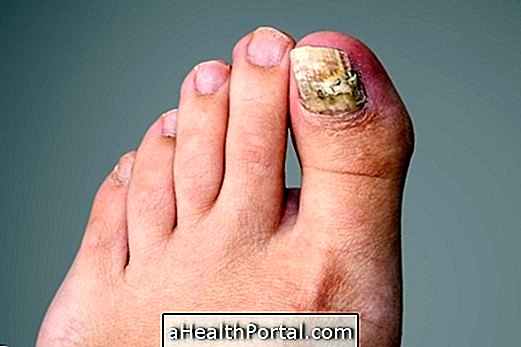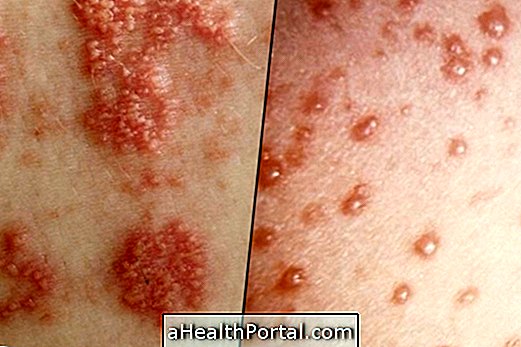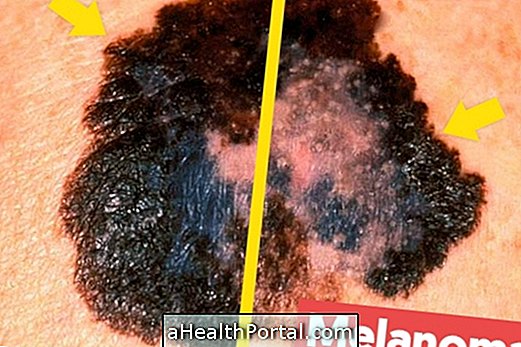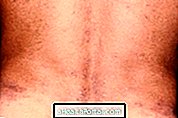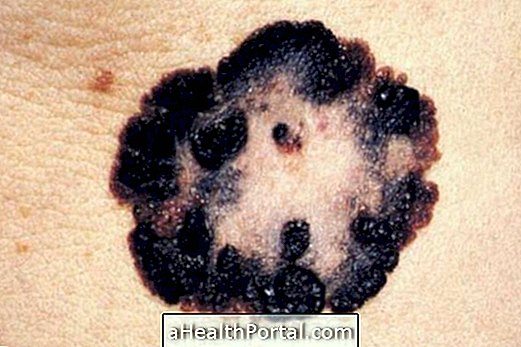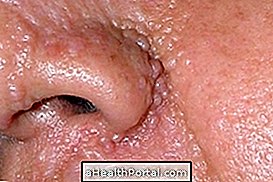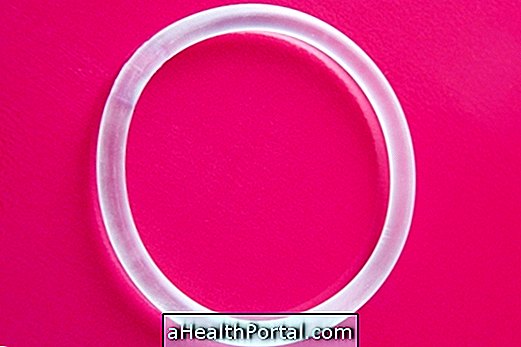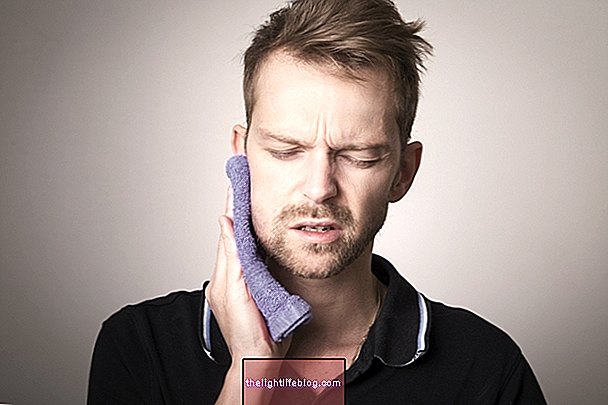Herpes can hardly be cured because the virus installs itself in the nerve endings of the skin, a place where no medicine can reach and so whenever the virus is activated again, the disease manifests itself. However, the treatment may be useful to decrease the time the virus acts and alleviate the symptoms.
The treatment for herpes is done with anti-viral and anti-inflammatory drugs, which can reduce the time of action of the virus. Zovirax ointment is a great way to treat herpes but strengthening the immune system is one of the ways to prevent the onset of the disease.
Herpes is an infectious disease caused by the Herpes Simplex virus 1 or 2. It can manifest in various regions of the body and therefore can be identified as genital herpes, cold sores or shingles when it occurs due to a reactivation of the chicken pox virus.
Herpes simplex causes symptoms such as itching, pain and discomfort. These symptoms can appear in any area of the body, although they are more common on the face, lips, trunk and genitals.
How To Identify Herpes

To identify herpes, the individual should closely observe the affected site. This may be tingling, uncomfortable or itchy for a few days, before the wound appears, until the first balls of air appear, surrounded by a red border, which is painful and very sensitive.
The laboratory diagnosis is made by analyzing the presence of the herpes virus microscopically in a wound scraping, but it is not always necessary. Most doctors can identify herpes just by looking at the wound.
After a few days of the onset of the herpes wound, it begins to dry on its own, forming a thinner, yellowish crust until it completely disappears, around 20 days.
Symptoms of Herpes
The first symptoms of herpes are itchy on the spot, plus pain and discomfort that can last up to 3 days before the wound arises. When the wound appears, it will look like this:
- Air bubbles containing liquid
- Reddish edges
Wounds can reach any area of the body and have an average duration of 3 weeks. The transmission of herpes is done through direct contact with the herpes sore or contact with some object infected with the virus, such as a glass, cutlery, towels, etc.
